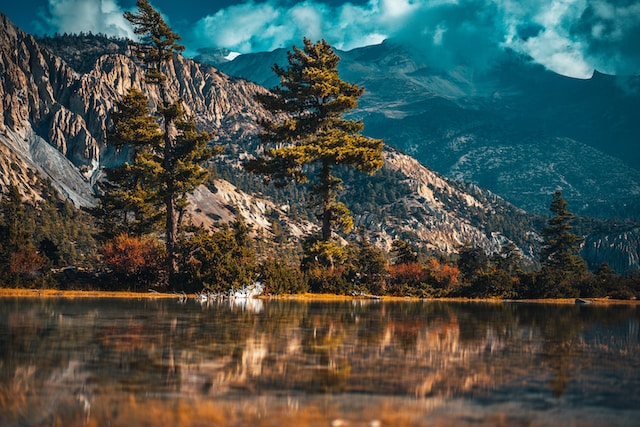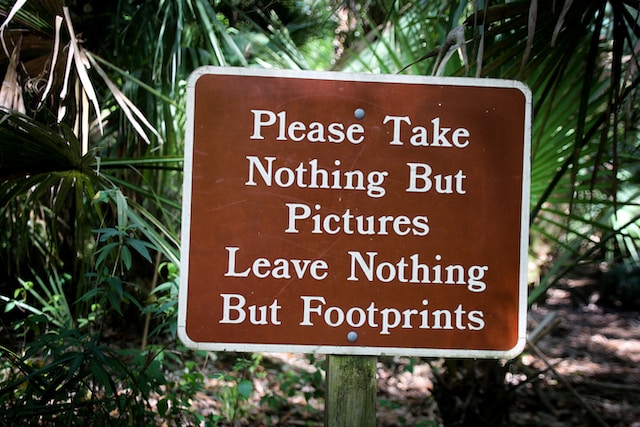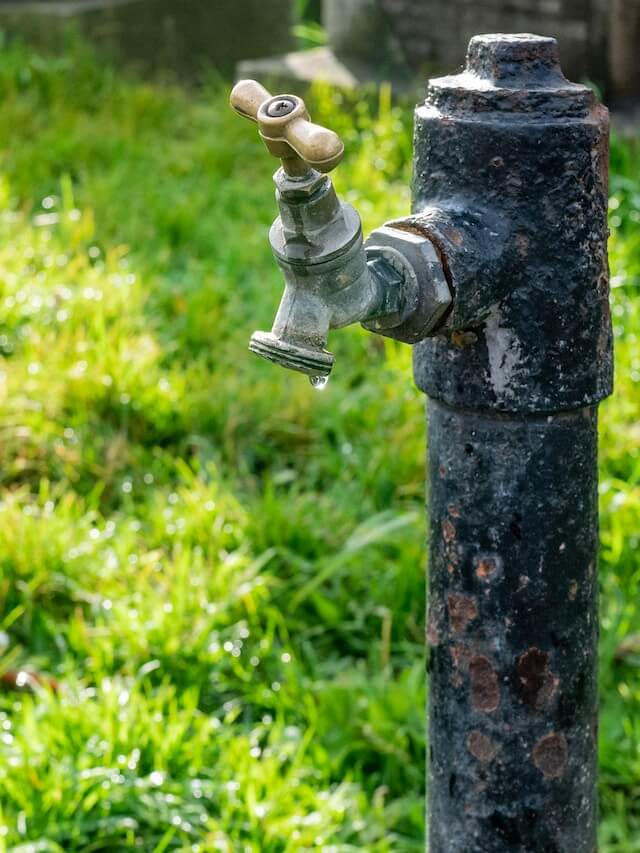
From the snow-capped mountains to the vast oceans, the Earth is home to an abundance of natural resources that make life possible for all living beings. The land and water that blanket our planet are intricately intertwined, forming a delicate ecosystem that sustains life as we know it.
However, over the years, human activities have taken a toll on the environment, resulting in the depletion of natural resources and the destruction of habitats. Deforestation, overfishing, pollution, and climate change are just a few of the challenges that threaten the delicate balance of nature.
It is now more important than ever to take steps towards conserving the land and water resources that remain. Land and water conservation is a critical aspect of environmental protection, aimed at safeguarding natural resources and ensuring their sustainable use for future generations.
Land and water conservation efforts involve a variety of measures, including the protection of endangered species and habitats, the promotion of sustainable land use practices, and the preservation of untouched wilderness areas. These efforts are made possible through education, community engagement, and public policy initiatives that prioritize responsible environmental stewardship.
Through land and water conservation, we can preserve the beauty and diversity of our natural surroundings, while enabling them to flourish for generations to come. By taking action now, we can ensure that the Earth remains a thriving and vibrant planet, teeming with life and filled with wonder at every turn.
Land Conservation
Land conservation is a process by which natural areas, working farms and forests, historic landmarks, and other significant sites are protected from development or destruction. This can involve the purchase of land by organizations or government agencies, as well as conservation easements, which are legal agreements that restrict the use and development of a property while still allowing the owner to retain ownership.
Land conservation also plays a key role in preserving natural habitats, supporting biodiversity, and mitigating the effects of climate change. Protected lands provide areas for wildlife to thrive, help maintain clean air and water, and offer opportunities for outdoor recreation and education.

Some of the most well-known land conservation efforts include national parks, wildlife refuges, and state forests. In addition, local land trusts and conservation organizations work to protect land at the community level, often through partnerships with landowners and government entities. Land conservation is a critical piece of the larger puzzle of environmental protection, and it offers both immediate and long-term benefits to humans, wildlife, and the Earth as a whole.
Water Conservation
Water conservation is equally important for the sustainability of our planet. Water is a finite resource, and while it covers over 70% of the Earth’s surface, less than 1% of it is available for human consumption. The rise in global population and the increase in industrialization have put a strain on global water resources, leading to water scarcity and pollution.

Water conservation involves the implementation of strategies that seek to reduce water consumption and prevent pollution, ensuring that this precious resource remains available for both present and future generations. Effective water conservation efforts involve the adoption of water-efficient habits and practices, such as the use of low-flow faucets, toilets, and showerheads, the repair of leaks, and the implementation of water harvesting techniques.
Additionally, the adoption of sustainable agricultural practices and the reduction of industrial water waste are crucial to protecting this valuable resource. Education and awareness play a critical role in increasing public understanding and appreciation of the importance of water conservation, and encouraging individuals and communities to take action. By prioritizing water conservation, we can help protect the purity and availability of this essential resource, while mitigating the devastating effects of climate change, and enabling life to thrive for generations to come.


